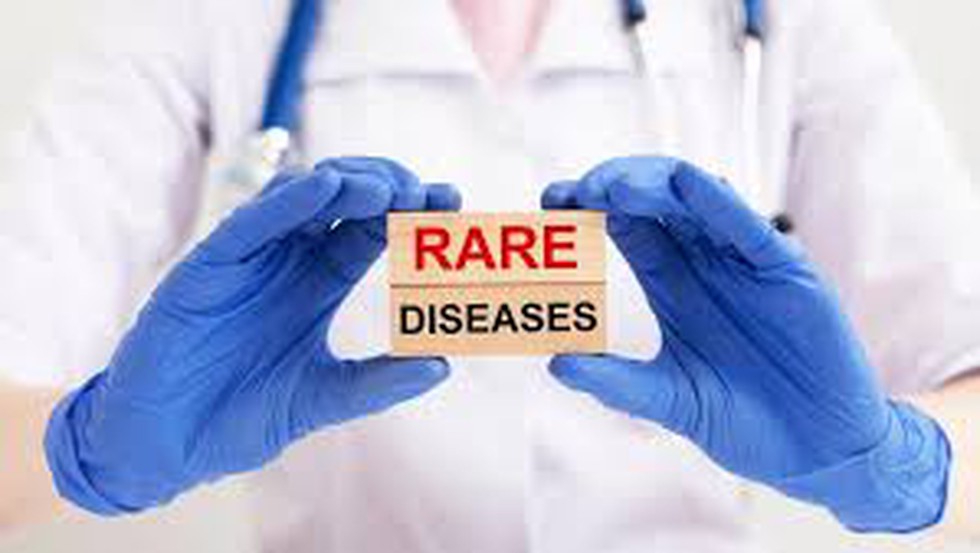Rare diseases, which affect a small percentage of the population, often remain unnoticed in mainstream healthcare discussions. However, the journey for those suffering from such diseases is complex and challenging, both in terms of diagnosis and treatment. The healthcare system struggles to address rare diseases due to a lack of awareness, limited research, and expensive treatment options.
The Challenges of Managing Rare Diseases
- Limited Awareness and Research
Rare diseases are often overlooked because of the small number of affected individuals. This leads to a significant gap in research, which in turn hampers the development of effective treatments. - High Cost of Treatment
The development of medications for rare diseases, known as orphan drugs, is expensive. Due to the small patient pool, pharmaceutical companies are less inclined to invest in research and development, leading to high prices when such drugs are eventually created. As a result, families face significant financial burdens while seeking life-saving treatments. - Delayed Diagnosis and Lack of Expertise
Many healthcare providers may encounter rare diseases only a few times in their careers. This leads to delays in diagnosis, as patients often need to consult multiple specialists and undergo numerous tests before receiving a correct diagnosis. The lack of expertise in recognizing and treating rare diseases further complicates the issue.
Government’s Role in Addressing Rare Diseases
- Increased Funding for Research
The government can help by increasing funding for research into rare diseases. More funding can accelerate the development of effective treatments, providing hope to those affected. - Financial Incentives for Pharmaceutical Companies
Offering financial incentives to pharmaceutical companies to encourage the development of orphan drugs could make treatments more accessible and affordable. Such incentives could stimulate drug research and development despite the small patient population. - Centers of Excellence for Rare Diseases
Establishing national centers of excellence dedicated to rare diseases can provide patients with access to specialized care and expertise. These centers would focus on improving diagnosis, treatment, and care for rare disease patients. - Financial Assistance for Affected Families
A robust national policy offering financial assistance to families affected by rare diseases could alleviate the financial burden caused by expensive treatments. This would ensure that patients have access to the care they need without placing a heavy financial strain on their families.
Conclusion
By adopting these measures, the government can significantly improve the quality of life for rare disease patients and their families. These steps would lead to better access to timely diagnosis, affordable treatments, and specialized care, thereby offering hope to those affected by rare diseases.
Multiple-Choice Questions (MCQs):
- What is one of the main reasons pharmaceutical companies are reluctant to develop treatments for rare diseases?
a) Lack of interest from the government
b) Small patient pool
c) Low treatment costs
d) Easier availability of natural remedies
Answer: b) Small patient pool - What is the term used for medications designed specifically for rare diseases?
a) Specialty drugs
b) Common drugs
c) Orphan drugs
d) Generic drugs
Answer: c) Orphan drugs - Why are delays in diagnosis common for rare diseases?
a) Patients refuse to see doctors
b) Lack of awareness in healthcare providers
c) Rare diseases are easily misdiagnosed as common ailments
d) Patients self-diagnose using online resources
Answer: b) Lack of awareness in healthcare providers - Which of the following is NOT a suggested government measure to address rare diseases?
a) Increased funding for research
b) Developing more general hospitals
c) Financial incentives for pharmaceutical companies
d) Creating centers of excellence for rare diseases
Answer: b) Developing more general hospitals - How can a robust national policy help families affected by rare diseases?
a) By offering free healthcare services
b) By providing financial assistance to cover medical costs
c) By offering job placements for affected individuals
d) By providing free educational resources
Answer: b) By providing financial assistance to cover medical costs
